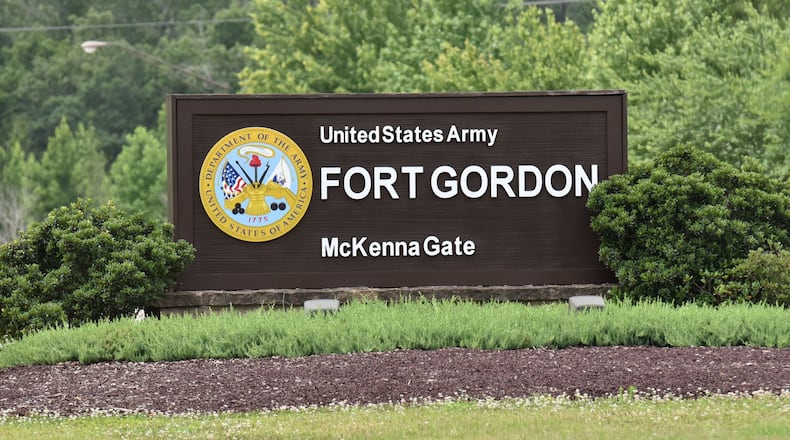Opposition to renaming military bases named after Confederate generals, among other provisions, caused U.S. Rep. Doug Collins to vote “no” Tuesday night on a massive military funding bill.
“Congressman Collins believes that erasing our nation’s history by renaming military bases, monuments and statues is a slippery slope, and we have to draw the line somewhere,” a spokeswoman said.
Collins, R-Gainesville, was among seven Georgia U.S. House members who voted “no” on the National Defense Authorization Act. U.S. Rep. Buddy Carter, R-Pooler, joined Collins in also citing concerns that the bill goes too far in limiting President Donald Trump’s power to respond to security threats. Carter did not say the military base renaming was a factor.
“The NDAA is very important for the First District, but unfortunately, I had too many concerns in this version of the bill,” he said. “Among other things, it interferes with securing our southern border, severely restricts the President’s ability to respond to domestic threats, and restricts our ability to manage the US nuclear arsenal.”
The other members from Georgia voting “no” were U.S. Reps. Jody Hice, R-Monroe; Rick Allen, R-Evans; Barry Loudermilk, R-Cassville; Drew Ferguson-R-West Point; and Hank Johnson, of Lithonia and the only Democrat. They did not immediately respond to a request to explain their vote.
While most Georgia Republicans opposed the bill, a majority of both parties voted in favor and it passed 295-125.
The base renaming provision is also in the Senate version of the N.D.A.A. and affects Fort Benning in Columbus and Fort Gordon in Augusta. The Senate is expected to take a final vote later this week, but both sides will have to iron out a final compromise before it’s sent to President Donald Trump.
He has threatened to veto the bill because he opposes renaming the 10 military installations across the nation who currently bear the names of Confederate leaders.
About the Author
The Latest
Featured




